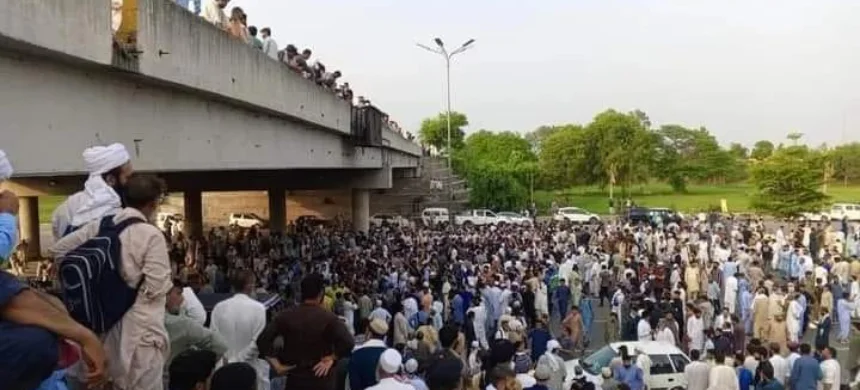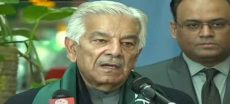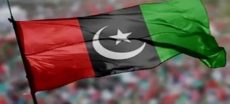The anticipated second round of negotiations between the government and Jamaat-e-Islami (JI) failed to commence as planned on Monday, further complicating the ongoing sit-in at Liaquat Bagh Chowk Murree Road. This delay in talks has heightened tensions, with JI leaders expressing sharp criticism of the government.
Earlier, the government’s technical committee had convened at the commissioner’s office in Rawalpindi to discuss Jamaat-e-Islami’s demands. However, no meeting took place when the time came for the second round of negotiations. Security staff at the commissioner’s office confirmed that they had not been informed of any scheduled discussions.
Addressing the sit-in participants, former JI emir Sirajul Haq criticized Prime Minister Shehbaz Sharif, urging him not to “wait for dead bodies to fall” and warned that the party would not be intimidated. Haq emphasized the party’s readiness to respond if their workers are mistreated. He accused the ruling elite of widespread corruption and blamed them for the downfall of national institutions. Haq questioned the hope for addressing corruption, citing an incident involving a government official allegedly using a government vehicle for personal errands. He also highlighted the economic hardships faced by ordinary citizens and criticized the government’s handling of foreign currency and economic policies.
Read More: A senior leader of TLP has been arrested for threatening Chief Justice Qazi Faez Isa
In a parallel development, Hafiz Naeem-ur-Rehman, Ameer of Jamaat-e-Islami, addressed the sit-in, emphasizing that the protest would not conclude until the government meets their demands. Rehman marked the fourth day of the protest, condemning the government’s perceived inaction and reiterating the party’s stance on essential issues. He criticized the high electricity bills despite the availability of solar systems, which burdens the salaried class. Rehman expressed determination to continue the protest, potentially escalating it to a nationwide movement. He accused MPs and bureaucrats of enjoying privileges at the expense of ordinary citizens and demanded a reduction in electricity prices.
The sit-in has attracted a significant number of Jamaat-e-Islami workers advocating for a set of ten demands aimed at alleviating the economic burden on the public. Key among these demands is a 50% reduction in electricity rates for consumers using up to 500 units and a reduction in the prices of essential food items. Other demands include:
- Immediate withdrawal of the recent hike in petroleum prices and the abolition of the petroleum levy.
- A 20% reduction in the prices of essential items.
- Elimination of taxes on stationery items.
- A 35% cut in non-developmental government expenditure.
- Revision of agreements with Independent Power Producers (IPPs) to eliminate capacity charges and payments in dollars.
- Abolition of illegal taxes on agriculture and industry, with a 50% reduction in the tax burden.
- Promotion of industry, trade, and investment to create employment opportunities for the youth.
- Removal of taxes on the salaried class and inclusion of the privileged class in the tax net.
The Jamaat-e-Islami has formed a negotiation committee led by Liaquat Baloch to engage with the government, with the hope of finding a resolution to these pressing issues.











